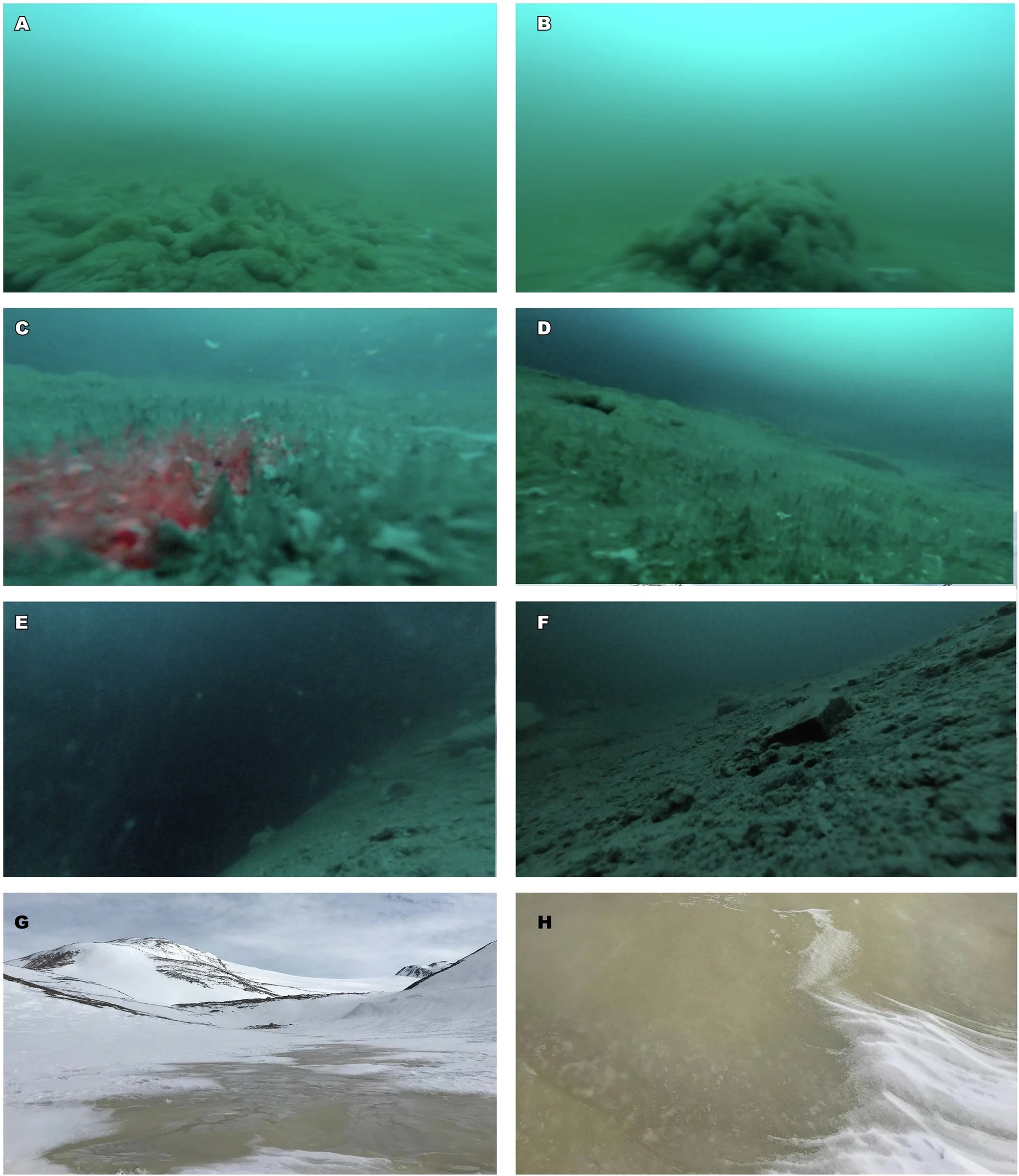(Bloomberg) — The latest drop in China’s smallest stocks provides a cautionary signal about the possible downside for the world’s second-largest equity market if Beijing doesn’t fulfill the anticipated rescue efforts. While the large-cap CSI 300 Index saw a slight 0.7% increase on Monday following renewed commitment from regulators to back the market, a small-cap shares index plummeted over 6% to its lowest level since 2018. This marked a 27% loss for the CSI 1000 Index this year, after it had underperformed larger peers in January by the greatest margin in over nine years.
The substantial underperformance indicates that investors are relinquishing their hold on small-cap shares, believing that policy assistance will focus on rescuing blue-chip stocks. Some ETFs linked to the CSI 300 gauge have experienced a surge in trading volume recently, leading to speculation that state funds have intervened to staunch the decline.
Vincent Chan, China strategist at Aletheia Capital Ltd., remarked, “The market currently relies on support from the national team and investors see the big caps as their buying target. This discourages small-cap investors from holding onto their position as they don’t have the downside protection.” Additionally, authorities have reportedly taken measures to ban some quantitative hedge funds from placing sell orders altogether.
Fragile market sentiment is evident from the fact that the CSI 300 has erased all of its gains since late last month when policymakers were said to be considering 2 trillion yuan ($278 billion) of support through a stock stabilization fund. Liu Yuhui, an academic at a government think tank, called for the establishment of a stocks stabilization fund to boost market confidence and proposed aiming for a size of 10 trillion yuan or more. With the Lunar New Year approaching, investors are preparing for further losses. Concerns regarding geopolitical tensions and sluggish consumption could exacerbate the market’s downward spiral once trading resumes after the holiday.
A total of $7 trillion has been wiped off the value of equities in China and Hong Kong since their highs in early 2021. Factors such as Covid lockdowns, tech crackdowns, and a property slump have severely impacted investor confidence.
Daisy Li, fund manager at EFG Asset Management HK Ltd., said, “It’s looking very difficult for the next few days as sentiment is extremely fragile and many in the market would choose to cut positions before the Chinese New Year.” Li also added, “The market is waiting for more forceful policy stimulus to restore confidence and the economy, which we think is more likely to come later in the second quarter.” Margin calls, forced liquidation, and selling pressure from so-called snowball derivatives have emerged as new risks as the slump intensifies.
The CSI 1000 gauge, commonly used as the underlying benchmark for snowballs, has plunged to trigger losses for investors as the products reach knock-in levels. On Monday, overseas funds purchased 1.2 billion yuan ($167 million) worth of mainland equities via trading links with Hong Kong, extending their net buying run to the fifth session.
The China Securities Regulatory Commission has pledged to prevent abnormal fluctuations, guide more medium- and long-term funds into the market, and crack down on illegal activities such as malicious short selling and insider trading. However, the downward pressure is expected to persist without more robust actions to address the lack of confidence affecting the markets. Sat Duhra, portfolio manager at Janus Henderson Investors, emphasized, “Actions such as state buying are not conducive to restoring confidence, which is the key here.”
–With assistance from Mengchen Lu. (Adds details on selling by quant funds in the fifth paragraph.)
Most Read from Bloomberg Businessweek©2024 Bloomberg L.P.















